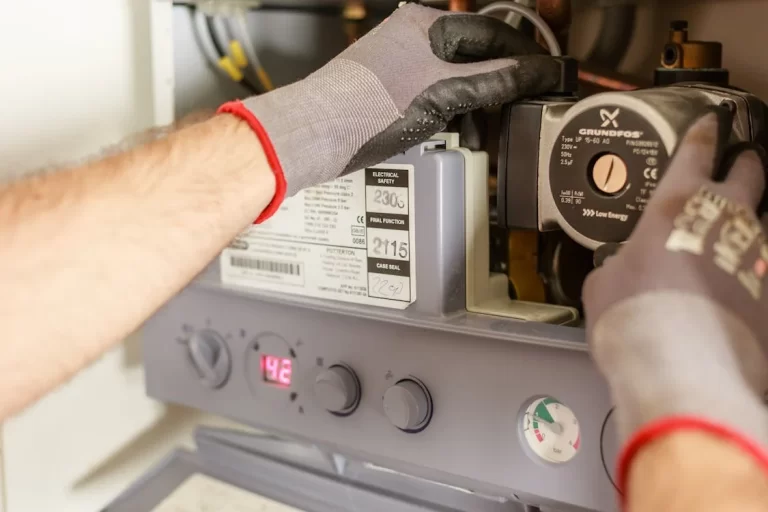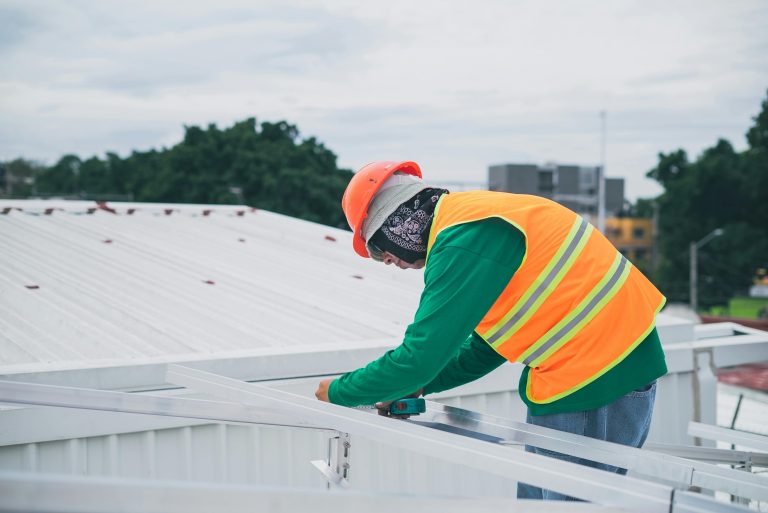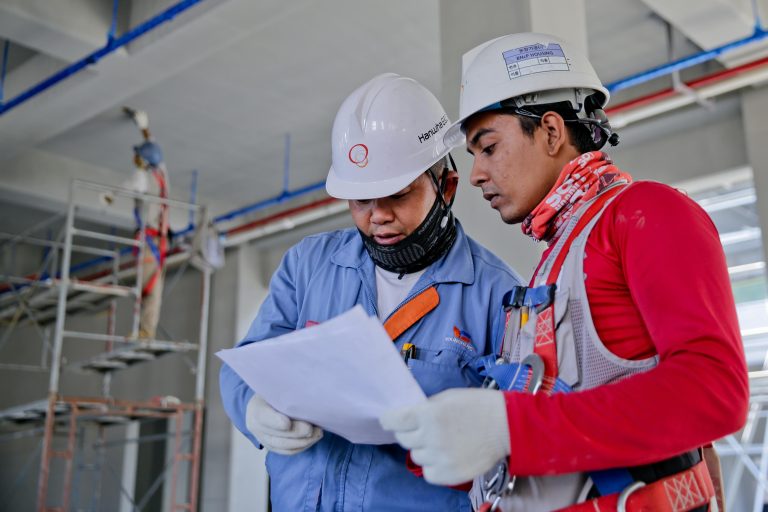Boilermakers play an important role in industries such as manufacturing, construction, and mining. They ensure the fabrication, installation, and maintenance of critical infrastructure like pressure vessels, boilers, and structural steel. However, boilermakers are exposed to various hazards, making safety paramount. Implementing strong and reliable safety practices not only protects workers but also enhances operational efficiency and compliance with industry standards.
The work environment for boilermakers is often dynamic and challenging. Common hazards include:
Recognising these risks is the first step toward mitigating them through safety measures.

Proper PPE is the frontline defence against workplace hazards. Essential gear includes:
Ensuring that all PPE is compliant with Australian safety standards is crucial.
Regular training ensures that boilermakers are equipped with the knowledge to identify hazards and respond appropriately. Training should cover:
Competency-based training programs should be tailored to the specific needs of the workplace. Companies like Smart Industrial emphasise the importance of well-trained staff when providing skilled labour hire to ensure workers are competent in all aspects of their roles, including safety
practices.
Before commencing any task, conducting a thorough risk assessment and JSA is vital. This process involves:
Engaging workers in this process fosters a culture of safety and shared responsibility.

Regular maintenance and inspection of tools and machinery prevent malfunctions that could lead to accidents. Practices include:
Maintaining equipment not only ensures safety but also extends its lifespan and efficiency. At Smart Industrial, we provide industrial welding services that ensure equipment is always in top condition, minimising risk and maximising productivity.
Creating a safe work environment involves:
A well-maintained environment reduces the likelihood of accidents and enhances productivity.
Smart Industrial is committed to providing skilled and reliable boilermaker services across New South Wales. Our team of certified professionals brings precision, reliability, and extensive experience to industries like manufacturing, construction, and mining. By offering comprehensive services, from fabrication and welding service to equipment repair and installation, we ensure that projects meet high safety standards.
Our approach includes:

Safety should be an integral part of the company culture. This can be achieved by:
A strong safety culture leads to fewer incidents, higher morale, and improved operational efficiency.
Boilermaker safety is not just about compliance; it’s about creating a work environment where risks are minimised and workers are empowered to perform their tasks safely. By implementing essential safety practices and fostering a culture of safety, you can protect your business’s most valuable asset—your workforce.
Partnering with reliable service providers like us at Smart Industrial ensures access to skilled professionals who prioritise safety and quality in every project.